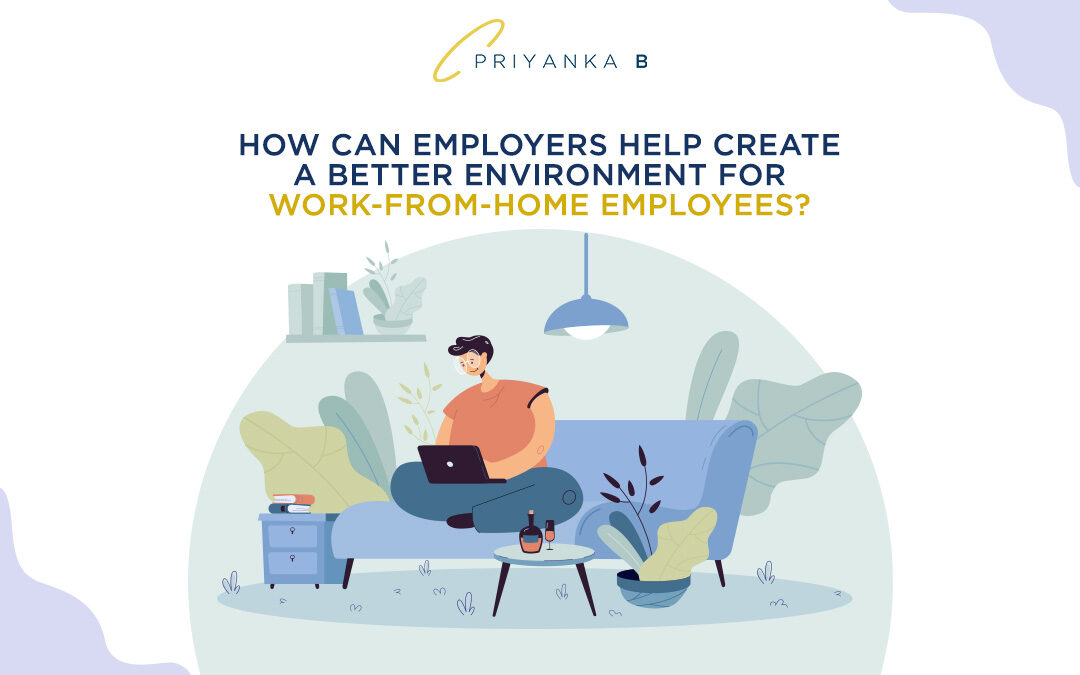For most of us, working from home has become the new normal. Both employers and employees have come to terms with remote working. But the question that arises – is this a mutually satisfactory solution or resigned acceptance?
A professional relationship, like any other, is a two-way street. The employers want results and positive outcomes; the employees want good working conditions and a management that is interested in their well-being. And while the employees play their part, here are a few things that management can do to help them as they work from home:
- Opt for mutually agreed working hours.
Working from home, unfortunately, comes with its own set of issues. In order to enable balance and avoid burnout, management and employees need to decide on dynamic working hours, and an improved policy framework. Given an increasingly global workforce, flexible hours can be employed based on the nature and scope of work. This gives employees the leeway to focus on work without the additional stress. - Invest in creating an effective virtual workspace.
This includes the best apps for video conferences, as well as tools for collaboration. But while accessing the apps is fairly simple, employers must invest in creating a comprehensive handbook or tutorial video series which states the optimal use cases, with respect to the company, for each of these apps and also helps streamline the information overload. - Minimise micromanagement. Being unable to hover over desks and ask for impromptu updates, could cause some anxiety in managers. When the norm has been to walk over to a colleague’s desk and ask for a status report for so long, patience doesn’t feel much of a virtue when suddenly all you can do is wait for them to respond. But here’s where trust comes in. Regulating break time and following up every 15 minutes will only increase unwarranted pressure and resentment. Be considerate about the fact that employees are at home too which, unlike the office, is subject to increased distractions. Focus on outputs and not just processes. Give employees the chance to complete the task on time on their own accord.
- Listen and address issues. The pandemic has posed a lot of difficulties for everybody, and everybody has their unique way of dealing with them. Anonymous feedback forms provide an ideal way to learn of a problem without fear of repercussions. While feedback forms are preemptive, let employees know management is also available to hear them out unprompted as well. This sort of transparency and accountability helps create a collaborative culture and gain the trust of the workforce which in turn leads to best practices in the long run.
- Recognize effort. Praise an employee for a job well done. Employees are happier when they know that their work is valued. Small, meaningful actions can go a long way to boost spirits – a letter of gratitude, a gift sent by post, an e-mailed gift card – the options are endless!
At times like these, support, trust, and understanding from an employer mean a lot to any employee. Following the above steps will pave the way to a happy and effective work environment and consequently better results.





Recent Comments